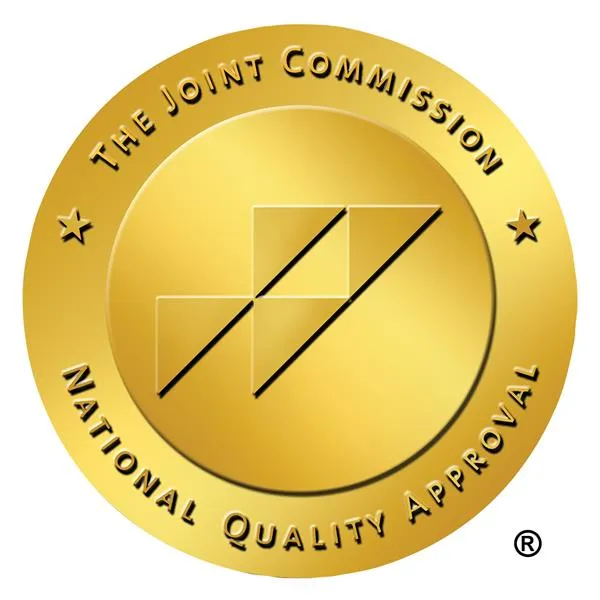As humans, we all know how fleeting our time on earth is. It may be daunting to think about, but death can happen at any time and age. The reality of death is, especially for healthcare professionals, that there will never be a lecture, course, book, or seminar that can fully prepare you for all the feelings of sadness that will envelop you when a patient passes away. Regardless of whether it’s forewarned or completely unanticipated, coping with a patient’s death can be extremely emotionally challenging, especially when you experience it for the very first time.
While it is completely understandable to feel anxious, stressed, and sorrowful during such a difficult time, it’s also important to establish healthy emotional and mental coping habits to keep yourself going. Remember: To provide exceptional patient care, you must first take care of yourself.
This article provides tips on how nurses can create healthy boundaries and cope with grief and patient death.
Understand and accept that death is inevitable
Death is part of our life’s cycle — we will all lose someone we love and care for, and eventually, it will also be our time to go. Understanding and accepting the reality of mortality can help you deal with the sadness that accompanies death and also inspire you to live a purposeful and gratitude-filled life. This acceptance can help you make the most of life, both professionally and personally.
Death is a normal part of life, but that doesn’t mean that you can’t feel emotionally devastated when a patient passes away. Death — and grieving the death of someone you connected with — are both inescapable parts of life.
Although each person deals with death and grief differently, as a nurse, it might make you feel a bit better and help you get closure by speaking with the patient’s family with compassion and care, performing excellent postmortem care, and ensuring that the patient’s paperwork is taken care of.
Pause, debrief, and seek support
During emotionally challenging moments, it’s okay for you to pause for a while, cry, and seek support from colleagues. Negative outcomes in the field of healthcare are commonplace, but that doesn’t mean that it necessarily becomes easier with time.
Give yourself enough grace to grieve; feeling sad, vulnerable, and helpless because of a patient’s death is not unprofessional or a sign of weakness. The more time and space you allow yourself to process these overwhelming feelings, the better you’ll get coping with these oftentimes paralyzing emotions.
While grieving, be mindful not to get lost in your feelings. When you feel like you’re becoming detached, isolated, distracted, and burnt out because of the pain you’re feeling, don’t be afraid to seek help.
Debriefing with your healthcare team, listening to one another express emotions, and getting support and invaluable insights from your colleagues can help you process very strong emotions. It’s also a good idea to check out mental health resources that can help you cope with grief and stress, such as mindfulness and meditation programs, as well as peer-support programs.
Aside from leaning on your colleagues and nurse leaders, you should also make an active effort to cultivate a life outside of work. Spend time with your friends and family members. You can also explore other effective ways to improve your mental health, such as writing and reading poetry, spending time in nature, and exercising and eating well.
Remember that it’s okay to feel sad and mourn the lives of the patients you’ve bonded with. Acknowledge your grief, process your emotions in a healthy manner, and take care of yourself. You owe it to yourself and your patients to do so.

